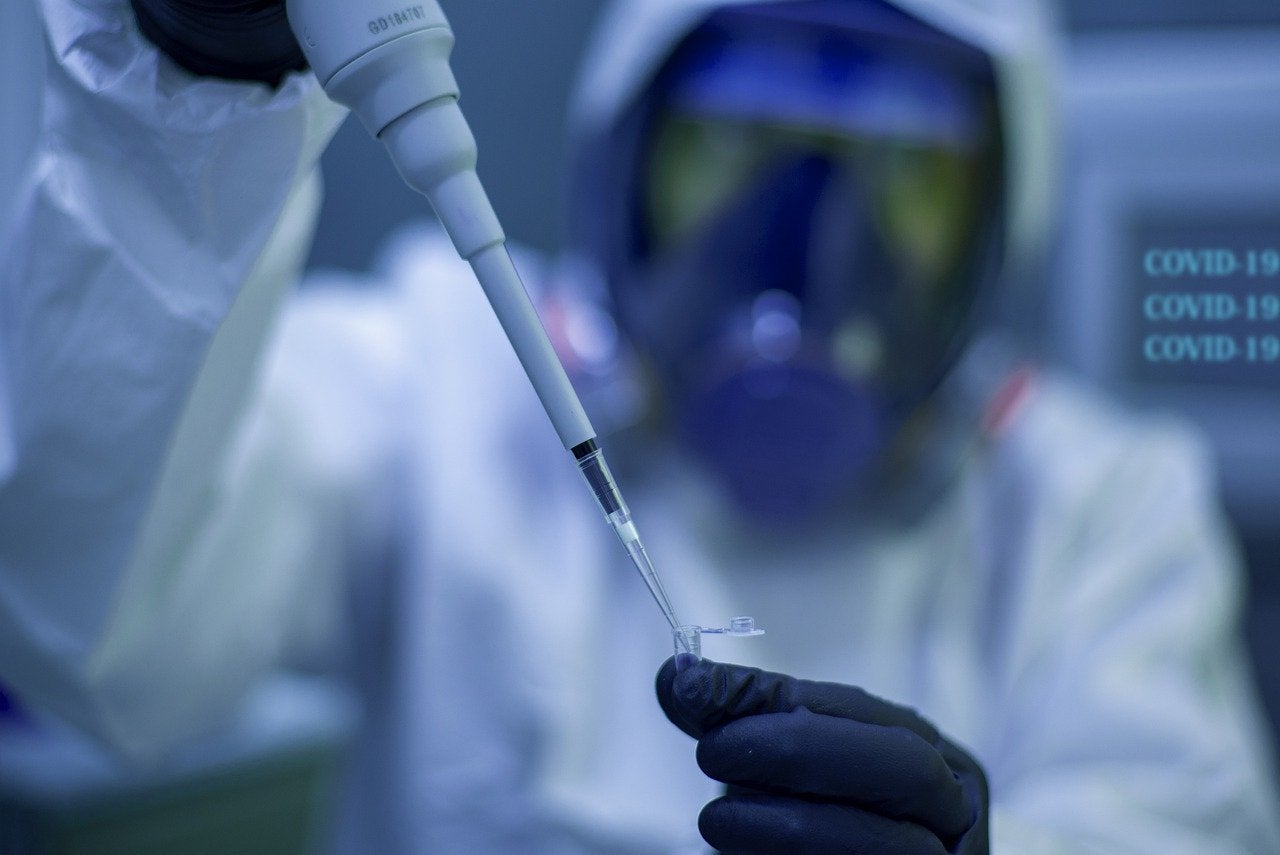
Tonix Pharmaceuticals has reported preliminary positive results after vaccinating monkeys with TNX-1800, a live modified horsepox virus vaccine for percutaneous administration designed to express the Spike protein of SARS-CoV-2 virus and to elicit a predominant T cell response.
Assessments were conducted at two dose levels in terms of immunogenicity and protective efficacy of single-dose TNX-1800.

Discover B2B Marketing That Performs
Combine business intelligence and editorial excellence to reach engaged professionals across 36 leading media platforms.
The study compared TNX-1800 (modified horsepox virus encoding CoV-2 spike protein) to TNX-801 (horsepox virus, live vaccine) at two doses. A control group received a placebo.
Each of the five groups, namely TNX-1800 high and low dose, TNX-801 high and low dose, and placebo, featured four animals.
Following the vaccination, the non-human primates were exposed to live SARS-CoV-2 by intra-tracheal and intra-nasal administration, at Day 41.
Study was done on upper airway virus by oropharyngeal swabs and lower airway virus by tracheal lavage, making use of qRT-PCR to find out the count of genome copies of SARS-CoV-2 present in the samples.

US Tariffs are shifting - will you react or anticipate?
Don’t let policy changes catch you off guard. Stay proactive with real-time data and expert analysis.
By GlobalDataSix days after exposure, protection was assessed. No samples drawn from animals vaccinated with TNX-1800 indicated infection in either upper or lower airway samples. However, all eight animals vaccinated with the control vaccine TNX-801 indicated infection in either the upper or lower airway samples, as did all four monkeys vaccinated with vehicle control.
Tonix Pharmaceuticals president and CEO Seth Lederman said: “We are pleased that all eight animals vaccinated with TNX-1800 had undetectable SARS-CoV-2 in their upper and lower airways 6 days after challenge with SARS-CoV-2. The results are from the second phase of a study in which TNX-1800 vaccinated and control animals were challenged with SARS-CoV-2. Last Fall, we reported that all eight of animals vaccinated manifested ‘takes’, a skin reaction to horsepox vaccination which is a validated biomarker of functional T cell immunity, and that vaccination was associated with neutralising antibodies in each case.
“The positive results of the protection from live CoV-2 challenge that we are reporting validate the capacity for TNX-1800 to protect against Covid-19, and also validate the ‘take’ after TNX-1800 vaccination as a biomarker for functional T cell immunity.”
According to the company, the results support the expectation that TNX-1800 at the low dose of one 106 PFU is a right dose for a one-shot vaccine in humans, while also indicating that 100 doses per vial is the target format for commercialisation, which is feasible for manufacturing and distribution at large scale.
Phase I human study is expected to commence in the second half of 2021, after Investigational New Drug (IND) clearance by the US FDA and the production of GMP material.
This study is part of a collaboration between Tonix, Southern Research, and the University of Alberta.




